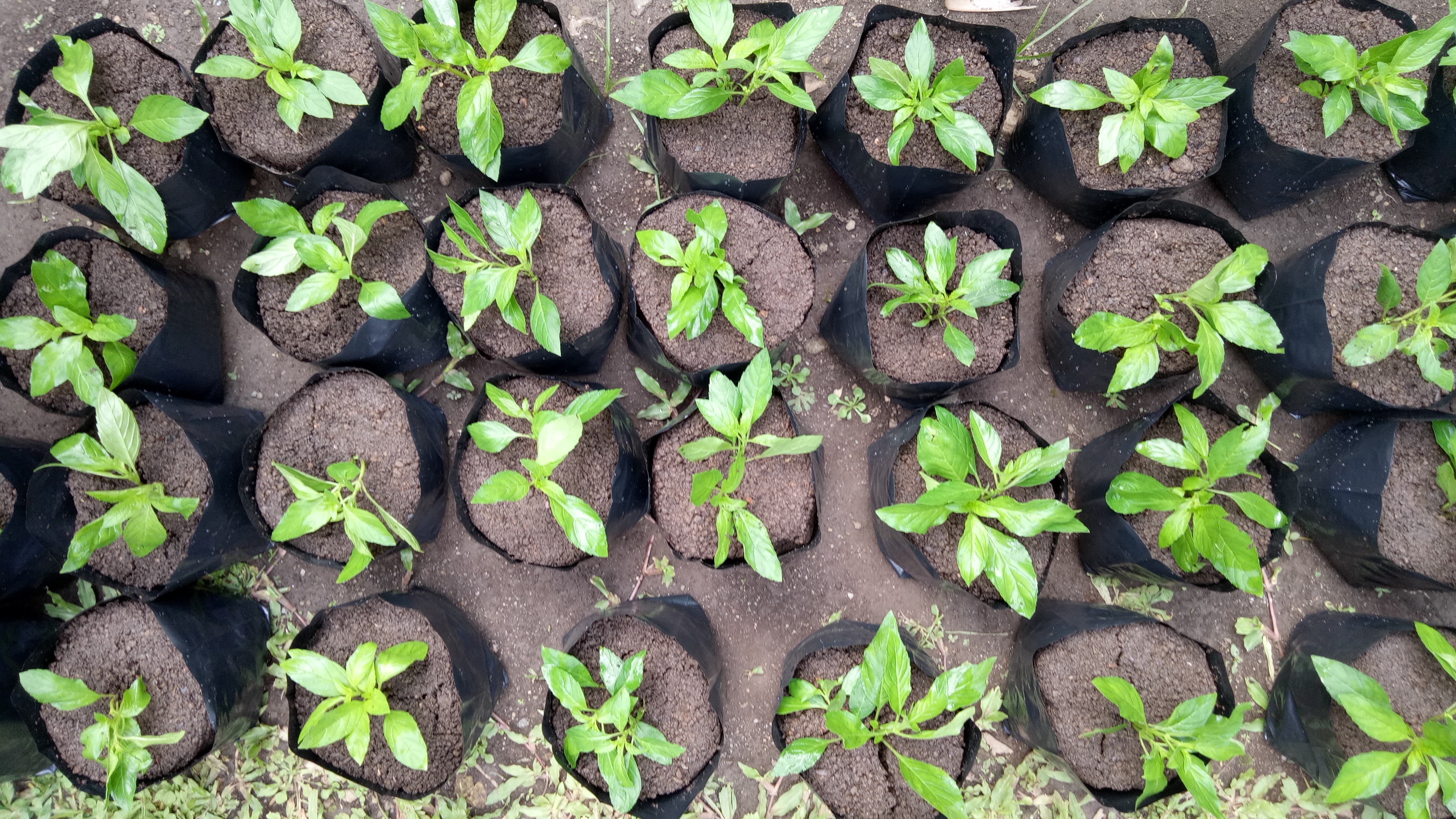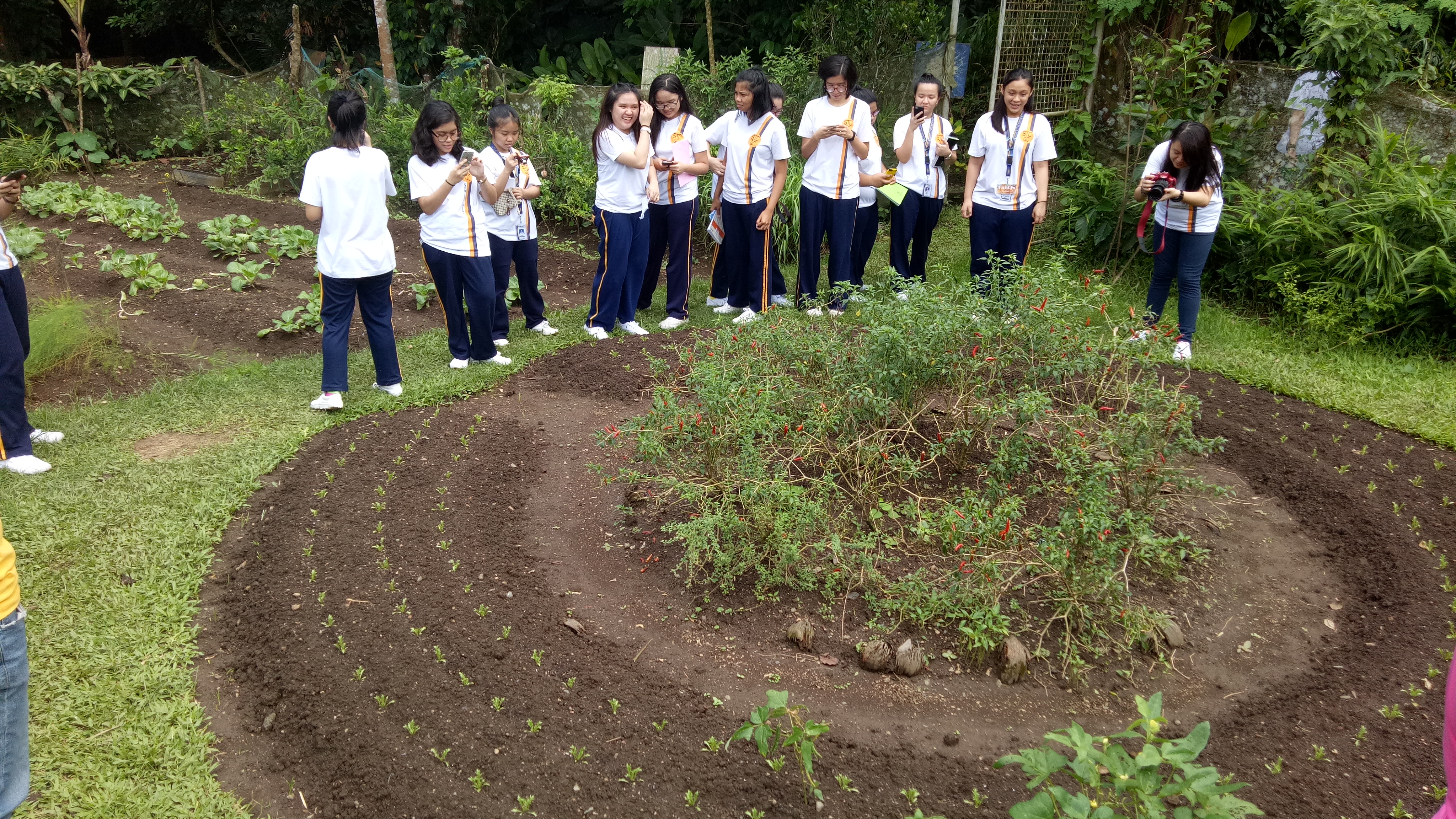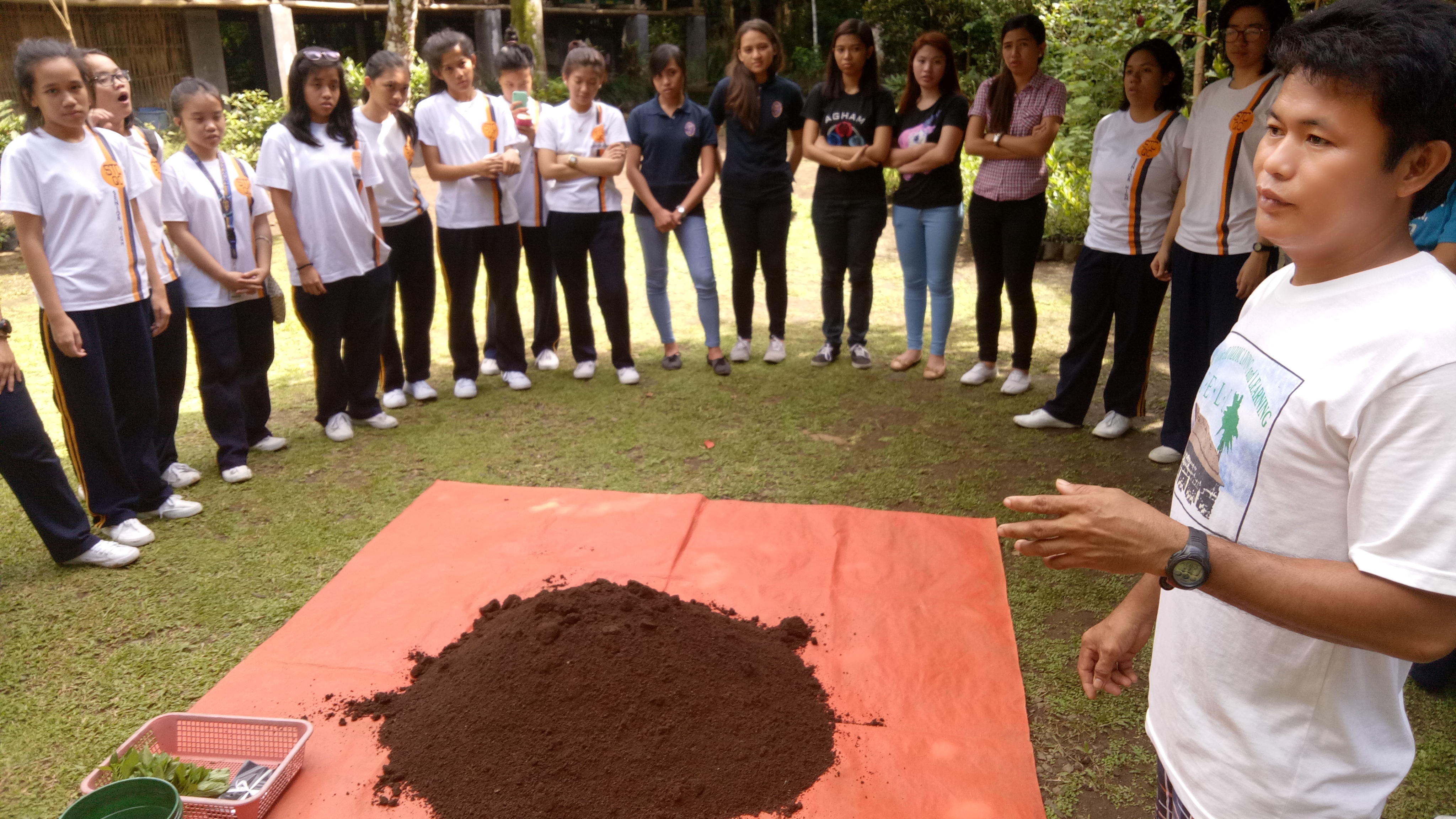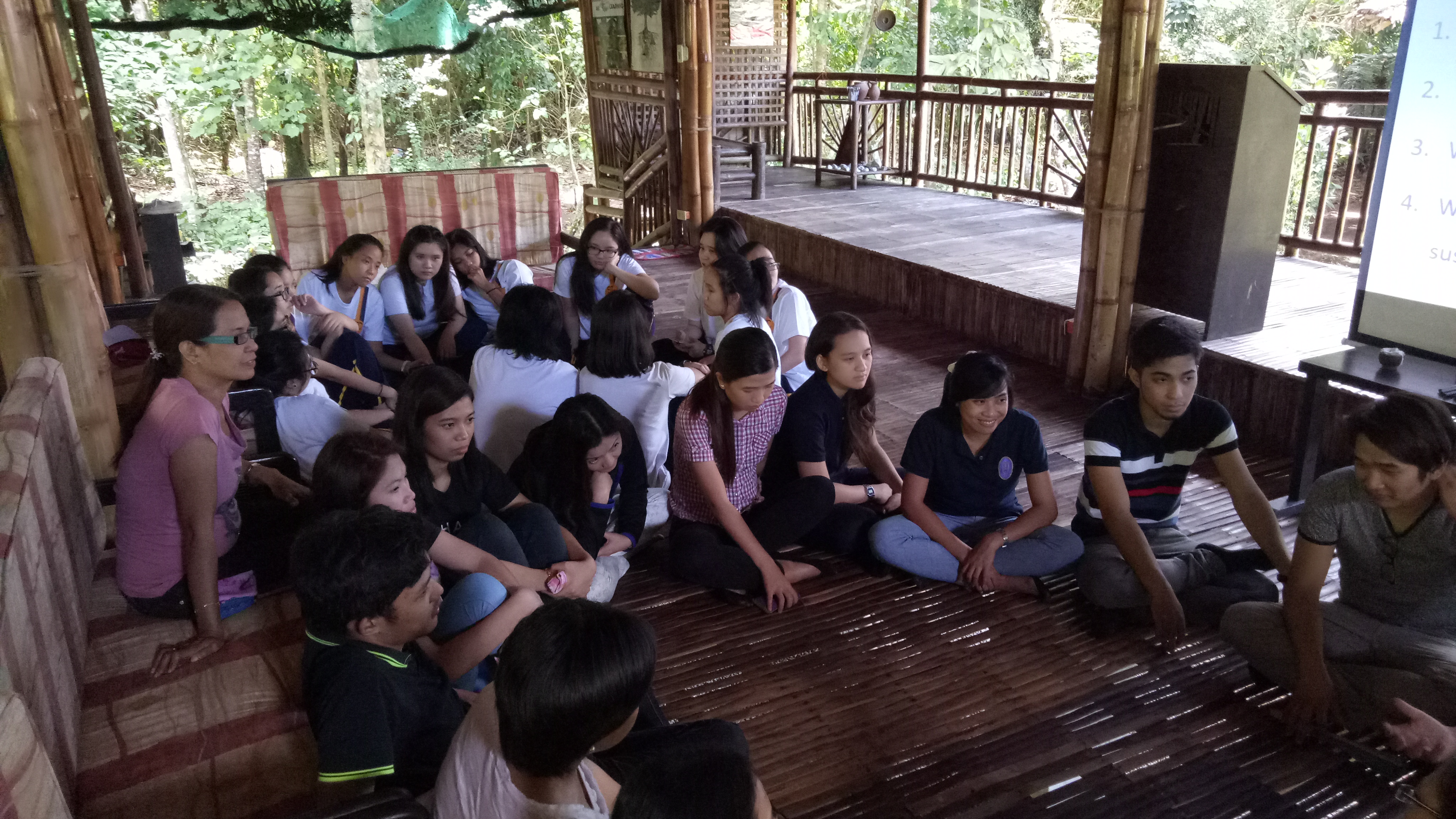Blogs

(plants of students and teachers in CELL)
First of all, what does CELL means? CELL means Center for Ecozoic Living and Learning. CELL is a non-government organization that helps to sustain the environment and take care of its elements. CELL started in January 1999, it was opened by the Columbian Missionaries with the help of their friends. Their vision in CELL is to have a world where humans can live in harmony with the rest of creation through living in harmony with one another in a just society. Their mission is to contribute to the Great Work whereby human learn to move from a stance of destroyer of the Earth Community to a stance that is mutually enhancing. CELL’s goal is to operate a spirituality center that will propagate the New Story of Creation as a means of alerting the human to the current ecological and social crisis and awaken in them a vision that will give a direction for action at the present moment in history. The founders of CELL realized that the system that denies the poor a livelihood is also a system that is destroying the Earth, and therefore denies them the possibility of ever having a livelihood.



What is environmental sustainability? According to green-innovations.asn.au, environmental sustainability means “the ability to maintain the qualities that are valued in the physical environment. Threats to these aspects of the environment mean that there is a risk that these things will not be maintained.” How can environmental sustainability can be practiced? Sustainability can be achieved and incorporated in many ways. First, Sourcing locally grown products is beneficial not only to the environment but also to us because locally grown food is full of flavor. Eating local food is eating seasonally. Local food has more nutrients. Local food is less likely that the nutrient value will decrease because imported food has traveled and sits in distribution centers before you can get them. Local food supports the local economy. The money that is spent with local farmers and growers all stays close to home and is reinvested with businesses and services in your community. Local food benefits the environment. By purchasing locally grown foods you help maintain farmland and green and/or open space in your community. Local foods promote a safer food supply because the more your food is away from you like miles away, it would more likely to have contamination. Local growers can tell you how the food was grown. You can ask what practices they use to raise and harvest the crops. When you know where your food comes from and who grew it, you know a lot more about that food. Second, save water and energy because saving water also saves energy. A number of people know already about the importance of saving energy and water. But few know about the drops to watts connection that it takes energy to pump, heat, treat, and deliver the water we use every day. We turn on the bathroom lights and the shower without realizing how closely related water and energy are to each other. How? You can’t separate water from energy because on average, the annual energy used to deliver and treat water for only 10 households could power a refrigerator for more than two years. In some areas of the country, that estimate is very low. Heating water for showering, bathing, shaving, cooking, and cleaning also requires a considerable amount of energy. Homes with electric water heaters, for example, spend one-fourth of their total electric bills just to heat water.
Our generation is a generation full of modern technology. Everything is instant like when you need information, just search the internet or when you need food just open a can of tuna. But this generation is also full of issues. This generation is facing many issues about concerns not only the environment but everything that is here on Earth. There are 10 things that we are facing right now. Overpopulation, Climate Change, Loss of Biodiversity, Phosphorus and Nitrogen Cycle, clean water shortage, Ocean Acidification, pollution, Ozone layer depletion, over fishing, and Deforestation. These issues are not going to stop on its own because these issues are man-made destruction or made by human activities. In our generation, there are many things that need to be changed. First, our lifestyle. We, humans, are very materialistic nowadays that is why people don’t reuse and recycle anymore. Humans nowadays just buy things and throw away them when they don’t need it anymore and they do not think about recycling or reusing those things. We also buy and buy things that we don’t even really need like clothes. You buy things without realizing that we are not only wasting our money but also we are killing animals and our environment. Second, our habit. An example of our habit is the throwaway culture. We buy things and after we have used it, we throw it instantly without thinking that some things can be recycled or reuse that is why there are a lot of wastes that can be seen. People sometimes don’t throw wastes in the proper bins, they just throw it anywhere they want that is why there are floods, wastes everywhere, and uncleanliness. In order for humans to create a just and sustainable future, they first need to have discipline. With discipline, we can teach one another the right way to do things and ways that should be done. Second, change our habits and lifestyle. When people change their negative habits towards the environment, we can have a positive future. Today, people need to realize that their actions can really affect a lot because we all live in one world that is why the action of one creature affects other creatures. So now, we need to change everything that is negative and open our eyes so that we can have a just and sustainable future and do something now before it’s too late to do anything for Earth.
